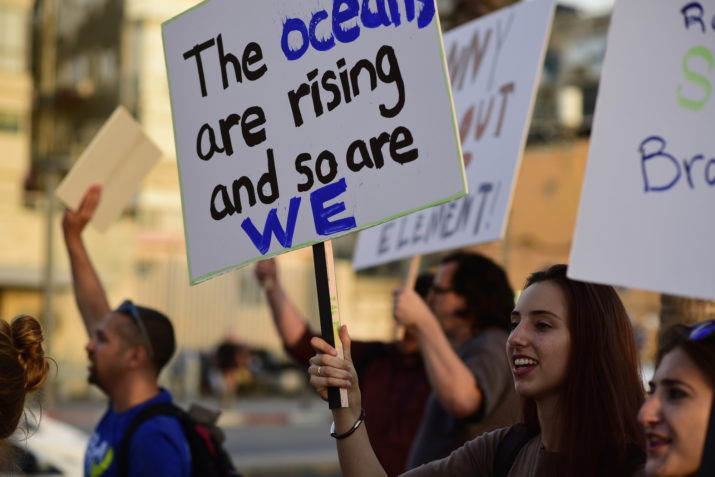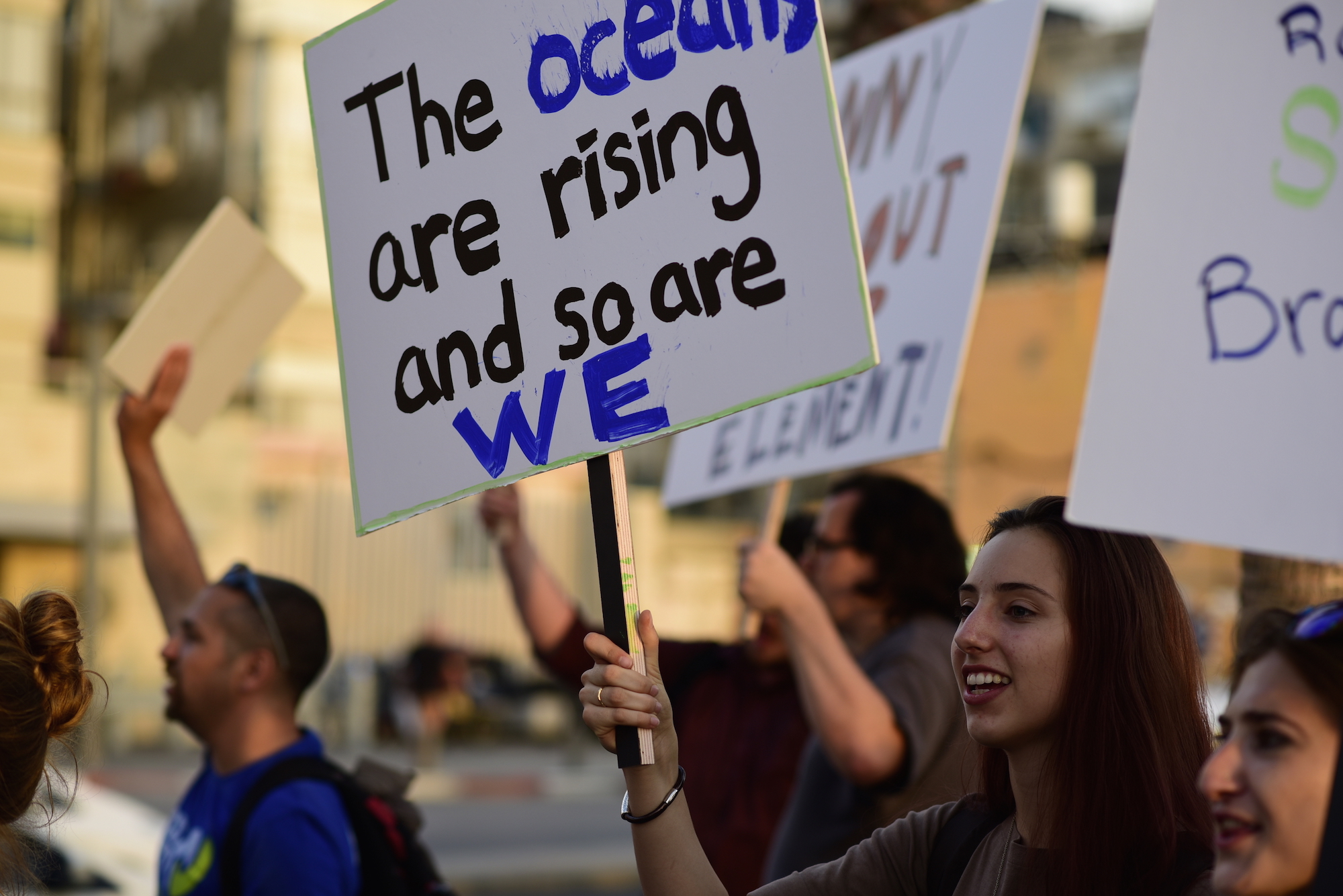

When the Trump administration was still deciding whether America should remain in the Paris climate agreement, the president’s closest officials lined up on different sides of the debate. Those in favour of the agreement included Trump’s son-in-law and close adviser, Jared Kushner, a career property developer, and the secretary of state and former chief executive of ExxonMobil, Rex Tillerson.The lifelong political operatives in the opposite camp were Scott Pruitt of the Environmental Protection Agency, Energy Secretary Rick Perry and Mike Pence, the vice president. They said the accord threatened the US economy and was based on questionable science, arguments Trump himself had made during the 2016 election campaign.It might seem surprising that the advisers with business backgrounds were the ones who wanted the US to maintain its commitment to cutting emissions. Of course Trump, the other businessman in the group, opted to leave the agreement. But his decision went against what has come to be the mainstream view of climate change in US corporate circles.At the same time that Tillerson and Kushner were making their case, 30 chief executives of large corporations listed on the New York Stock Exchange including Goldman Sachs, Dow Chemical Company and Coca Cola took out an ad in the Wall Street Journal urging the president not to withdraw.
This chimes with new research findings that we are presenting at the International Conference of Europeanists being held at the University of Glasgow. These confirm that multinationals are heavily engaged with environmental issues. On the other hand, they have largely neglected calls to discharge social responsibilities through the likes of the living wage, collective bargaining or taking action against forced labour in their supply chains. Why this difference? And what can be done about it?
The research
We analysed sustainability reports published by 150 large multinationals from Germany, the UK and the US from the late 1990s until the present. We found that firms from all three countries engaged earlier with environmental than social sustainability issues. They continue to publish higher quality data on their environmental impacts and have more ambitious improvement plans.
And firms from all three countries have converged around common environmental commitments while their commitments for most social issues are still substantially determined by the laws and the state of the debate in their home countries.
It is worth emphasising that this commitment to environmental responsibility is a sea change: for years big business, perhaps mainstream corporate America in particular, fought against climate action. Now many of these businesses are backing (some forms of) global climate regulation even in the absence of pressure from the US government.
This difference in attitudes to their environmental and social impacts is despite the fact that activists and NGOs have promoted the two issues in a similar manner. In both cases they have used voluntary certification schemes along the lines of the Fairtrade logo, for example.
According to interviews we carried out with a small sample of multinationals’ corporate social responsibility (CSR) managers, the difference is that their employers have come to view climate change as a future business risk. Investors are increasingly demanding evidence of plans to reduce greenhouse gas emissions. To help guide them, global standards to measure this risk are being developed.
By contrast, labour rights issues are rarely seen by business as market imperatives. There is little evidence that market actors such as the investor community exert significant pressure on multinationals to improve their practices in this area.
To explore this difference, we analysed how the Financial Times has covered climate change and the living wage – two prominent sustainability issues from opposite sides of the divide. By looking at coverage over the same period as the corporate reports, we found that the FT’s business section had paid far greater attention to climate change than wage equality – even after the financial crisis of 2008-09.
At one point in 2007, the FT business pages published more than 1,400 articles on climate change. The highest point of its coverage of wage-related issues was as long ago as 1997, and amounted to just 268 articles.
This corroborates what the CSR managers had suggested in our interviews. Investors and customers seem to be putting much more pressure on multinationals to deal with emissions and more broadly climate change. They appear to have turned these issues into a nascent, albeit still contested, market imperative.
Prominent business actors still frequently deny that addressing wage inequality is their primary responsibility. Warren Buffett, the star American investor, recently came out against excessive increases to the minimum wage in an op-ed piece for the Wall Street Journal. The working poor would be better served by earned income tax credits rather than “distortions to the market”, he argued.
If firms’ sense of social responsibility is ever to catch up with their sense of environmental responsibility, these kinds of attitudes will have to change. Persuading investors that labour rights issues are in the interests of big business is a major part of the battle. If it becomes the same kind of mainstay in the international business press as climate change, things might begin to look entirely different.
Kelly Kollman has received funding from the Economic and Social Research Council.
Alvise Favotto receives funding from the Economic and Social Research Council.
This article is part of a series on sustainability and transformation in today’s Europe, published in collaboration with The Conversation and the Council for European Studies (CES) at Columbia University. Each article is based on a paper to be presented at the 24th International Conference of Europeanists in Glasgow from July 12-14 2017.
Photo: Tel Aviv, Israel- May 22, 2017: Democrats and Israeli environmental activists protest against Donald Trump In front of the US Embassy in Tel Aviv, Avivi Aharon | Shutterstock
Published on July 13, 2017.




